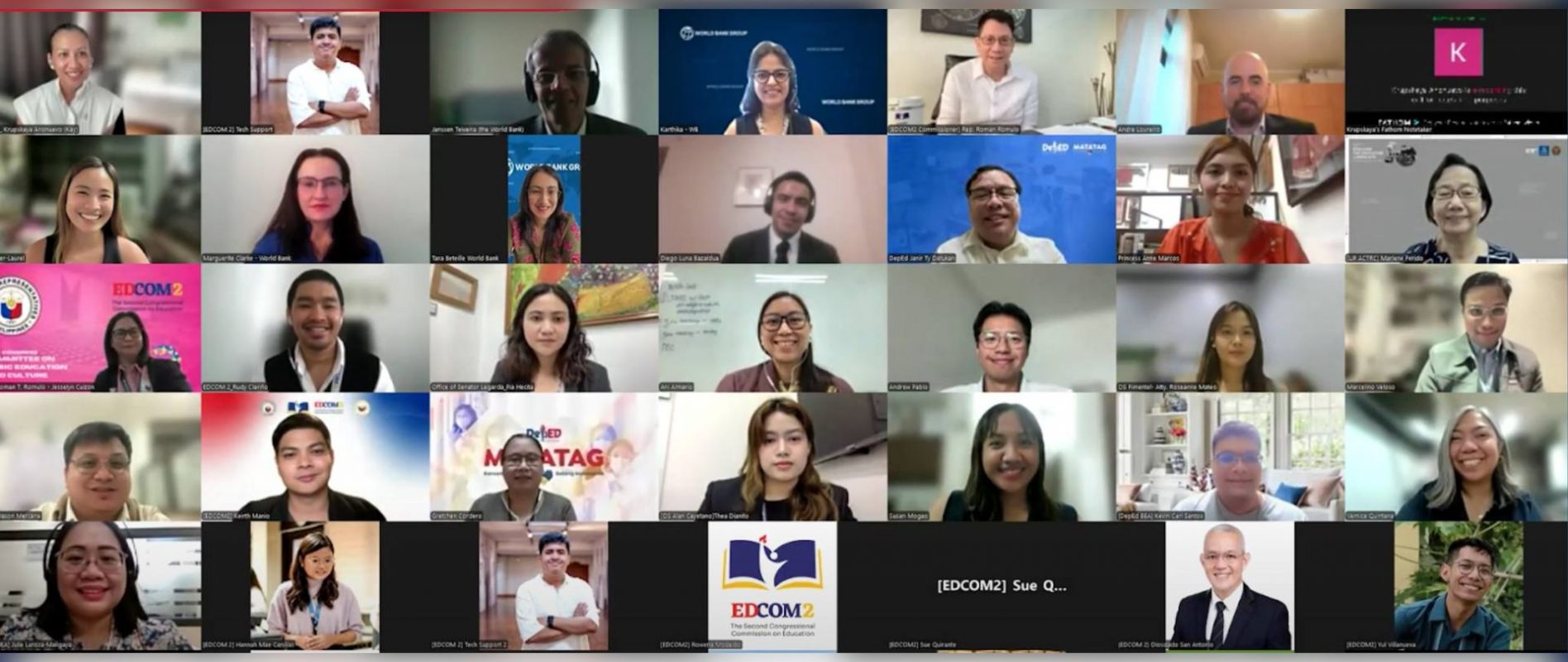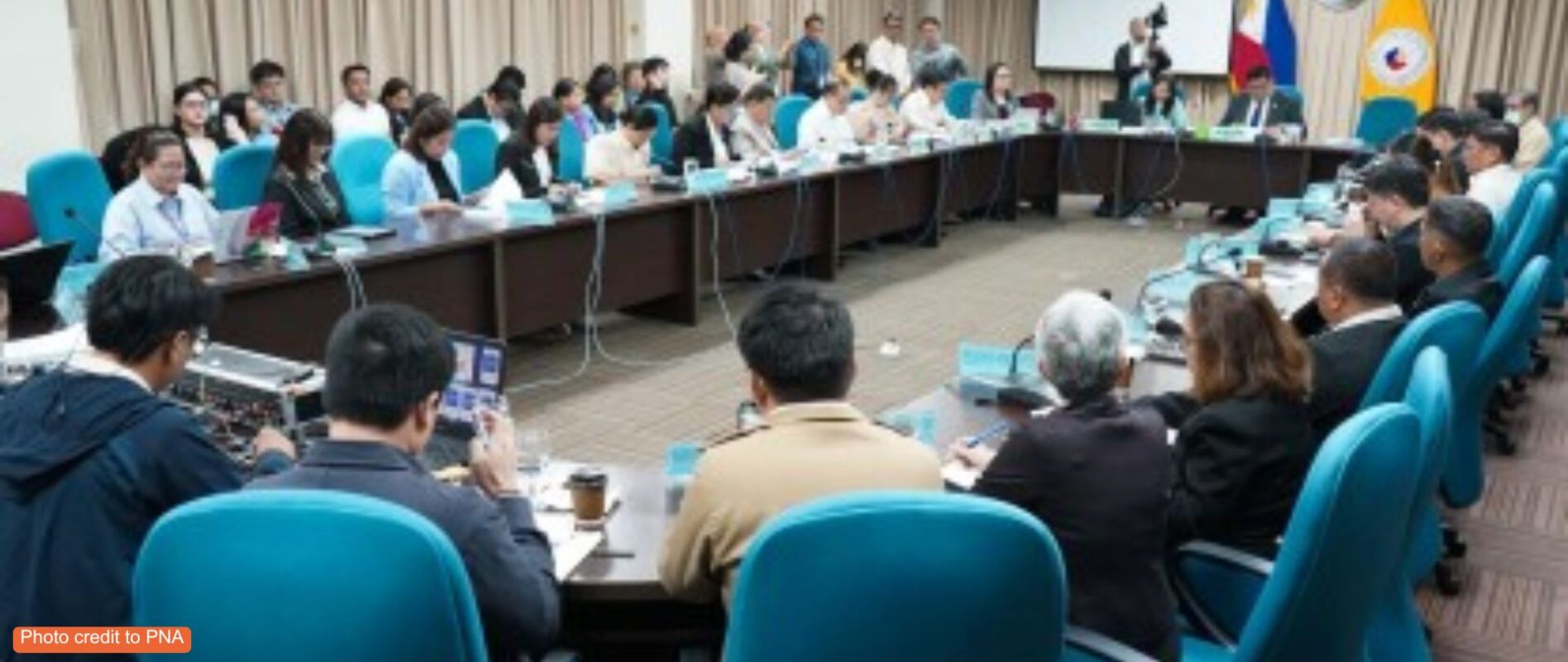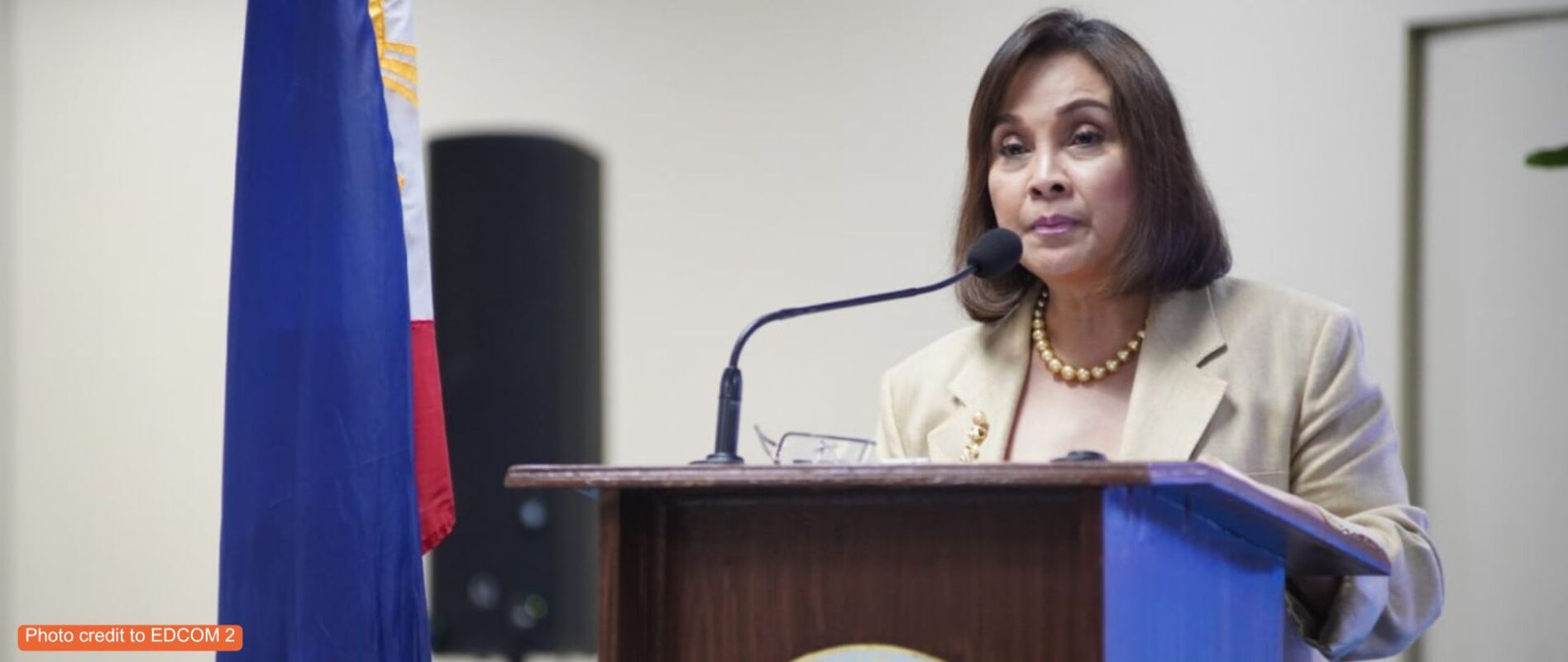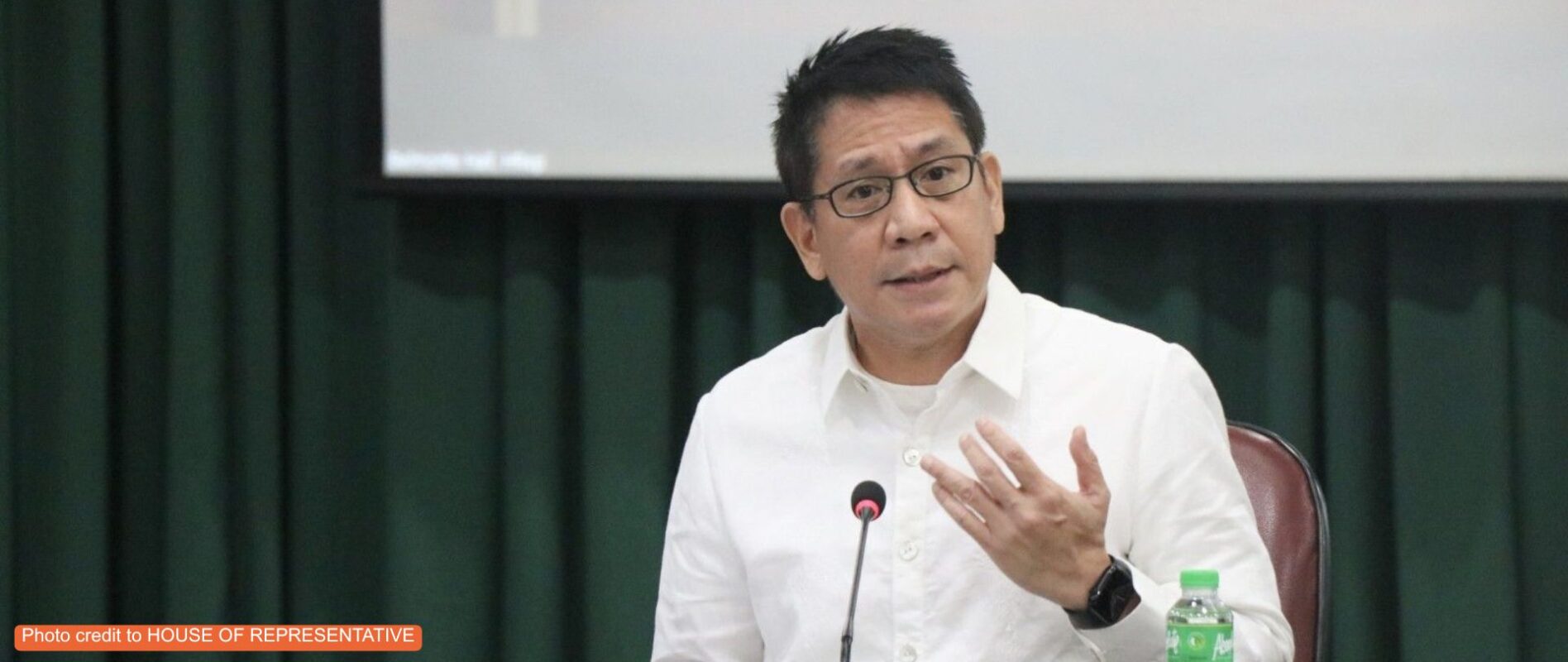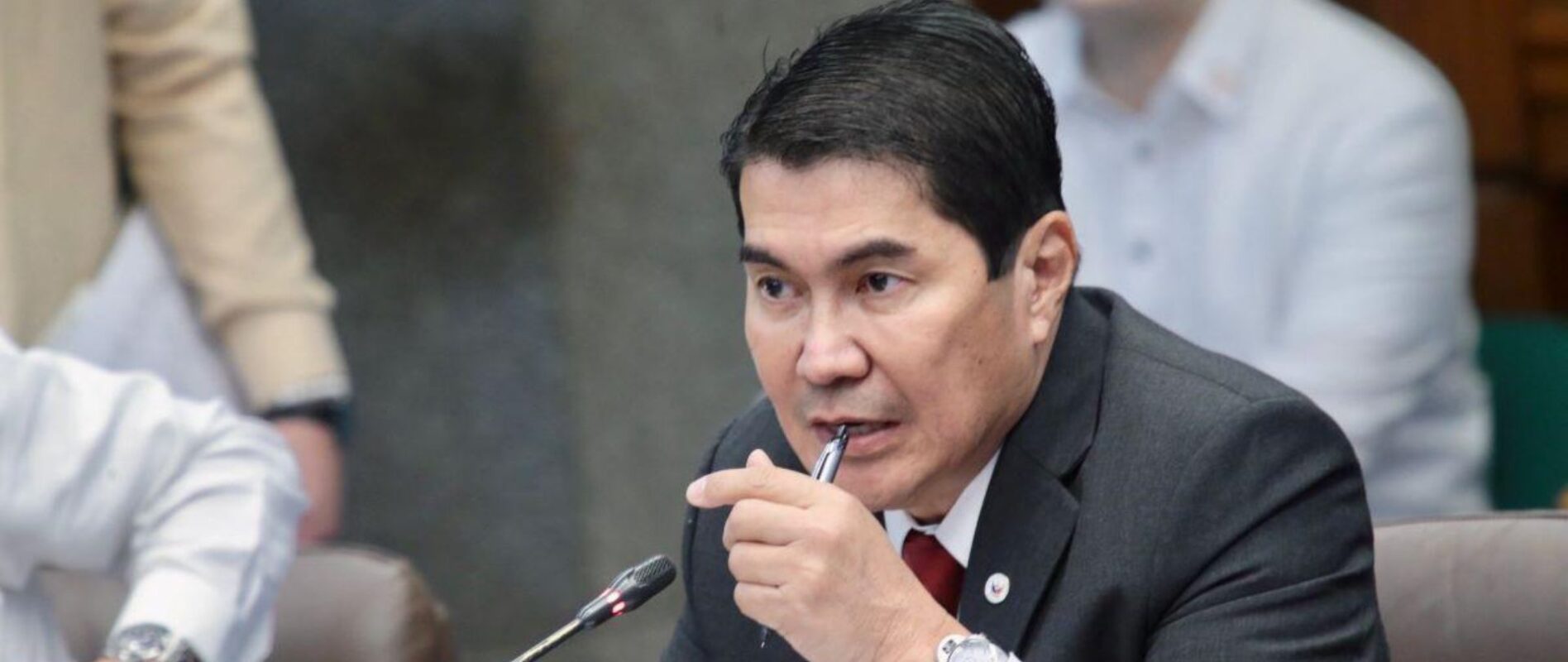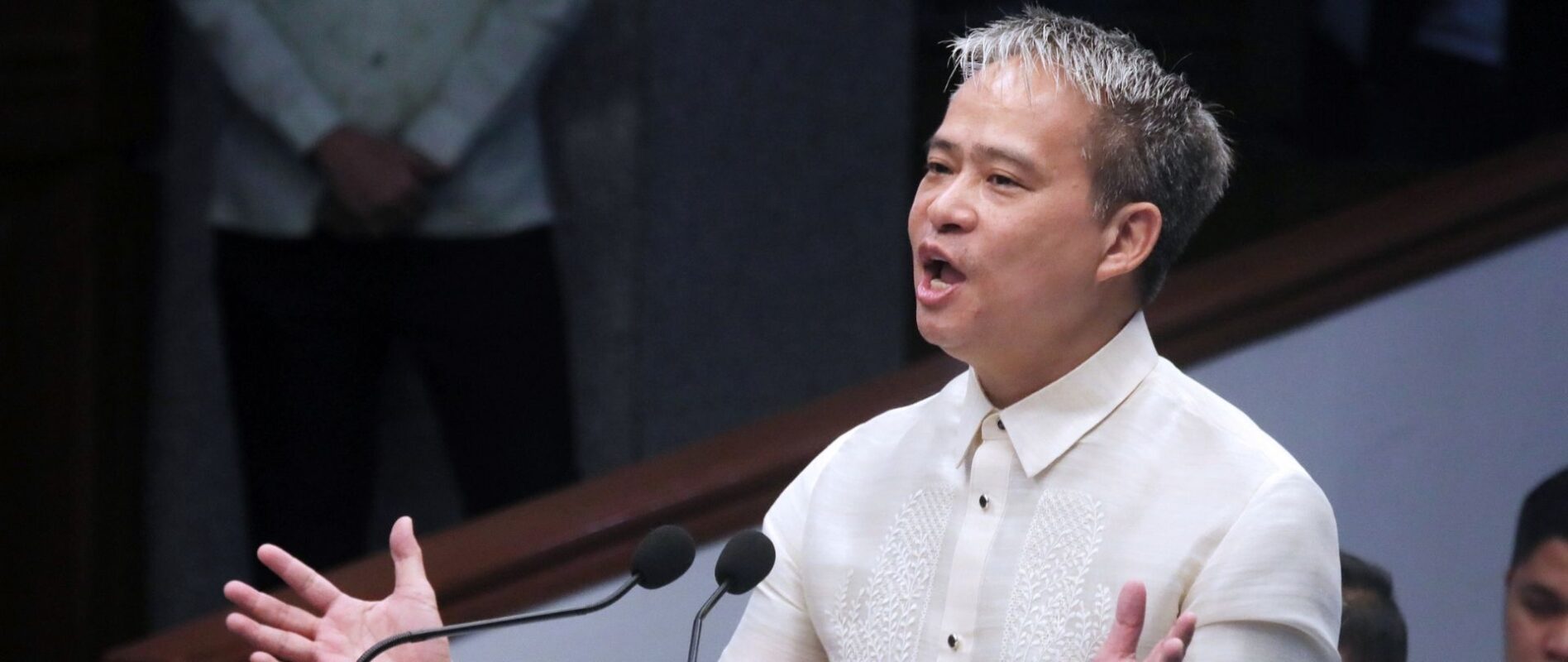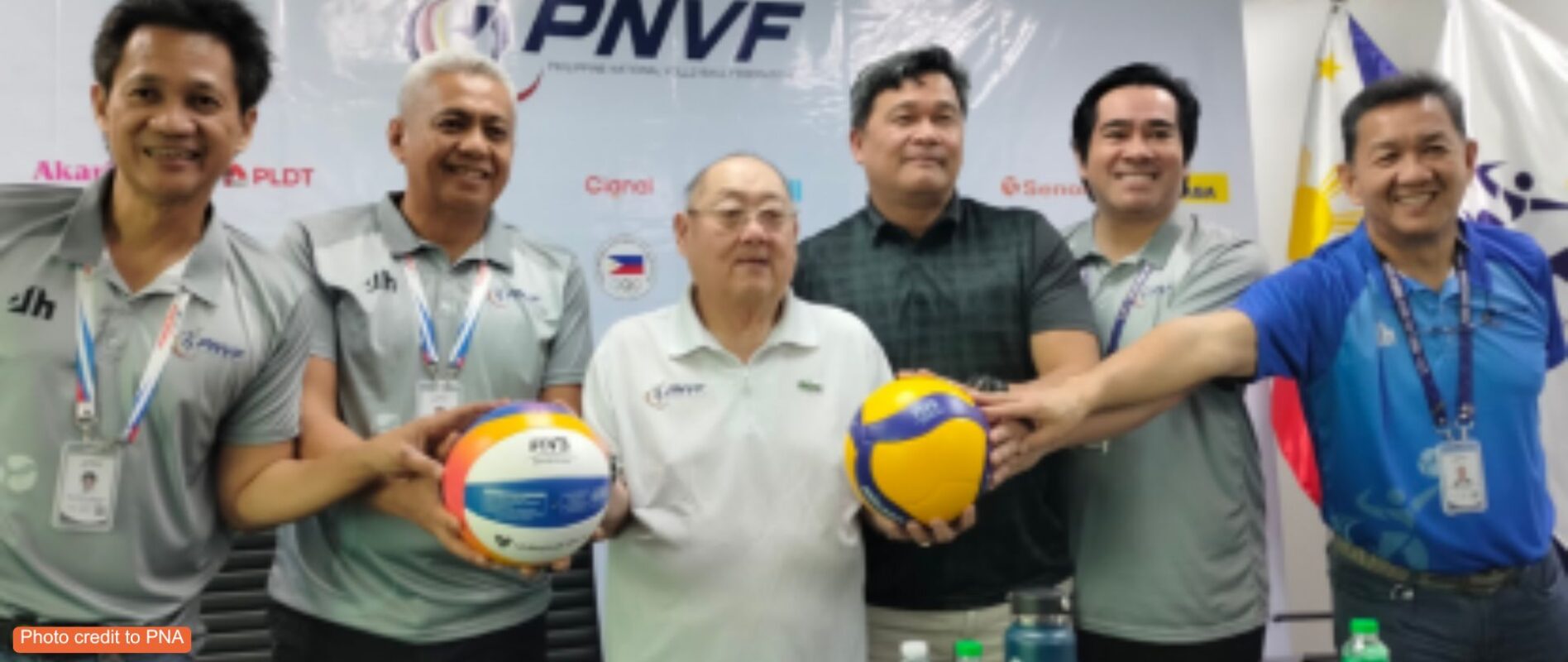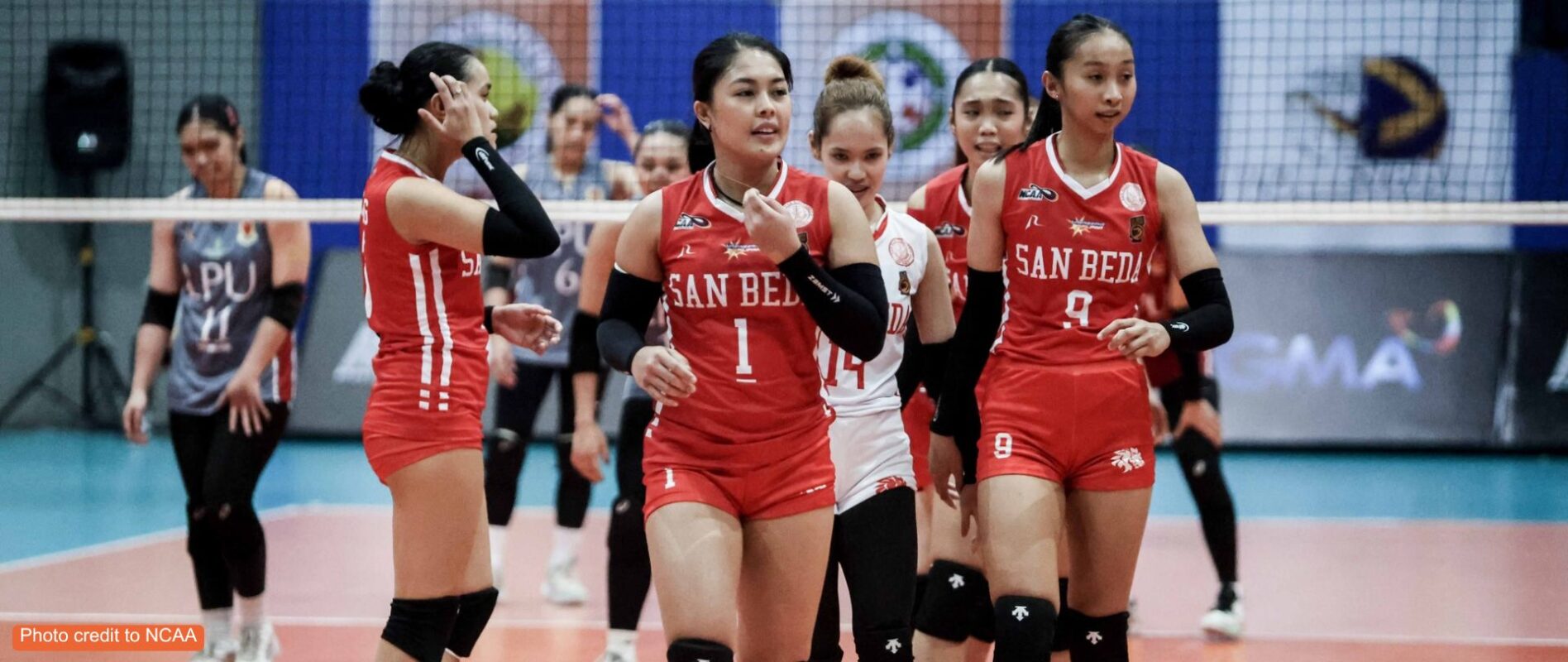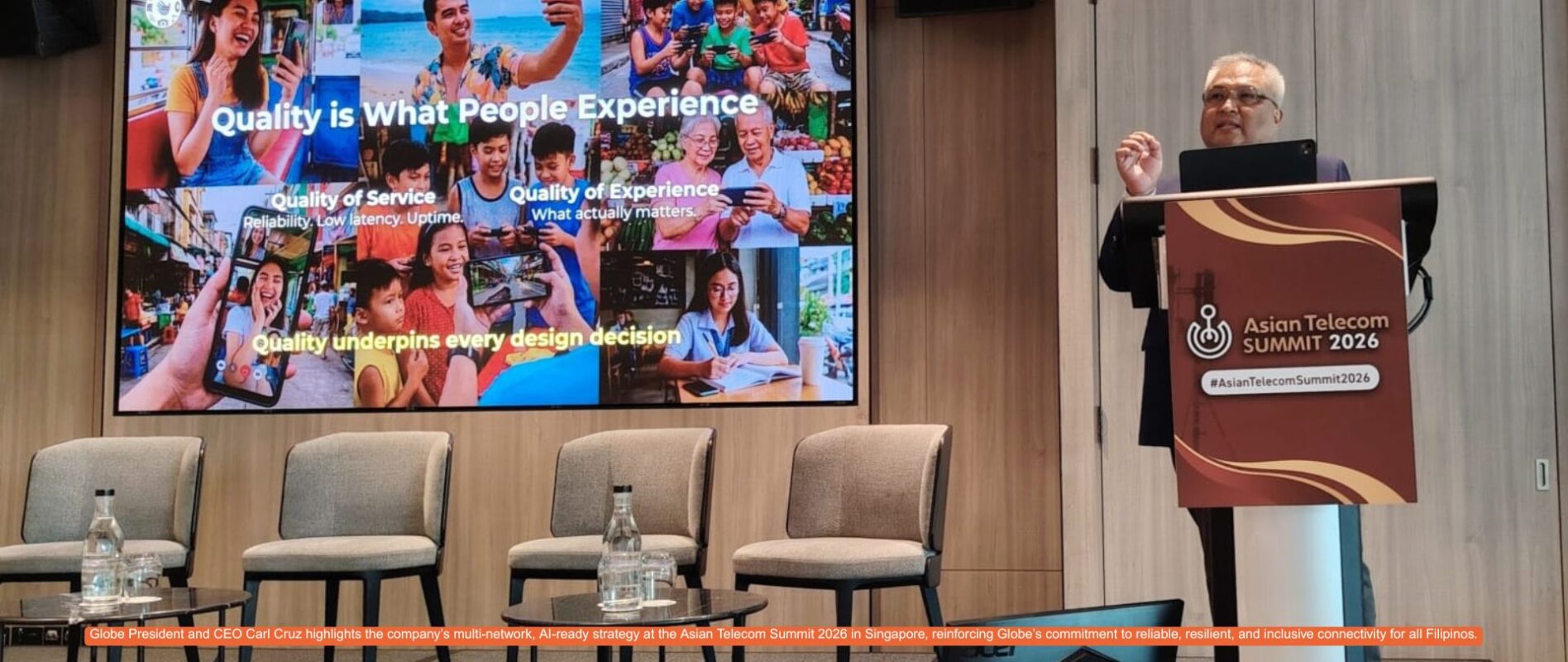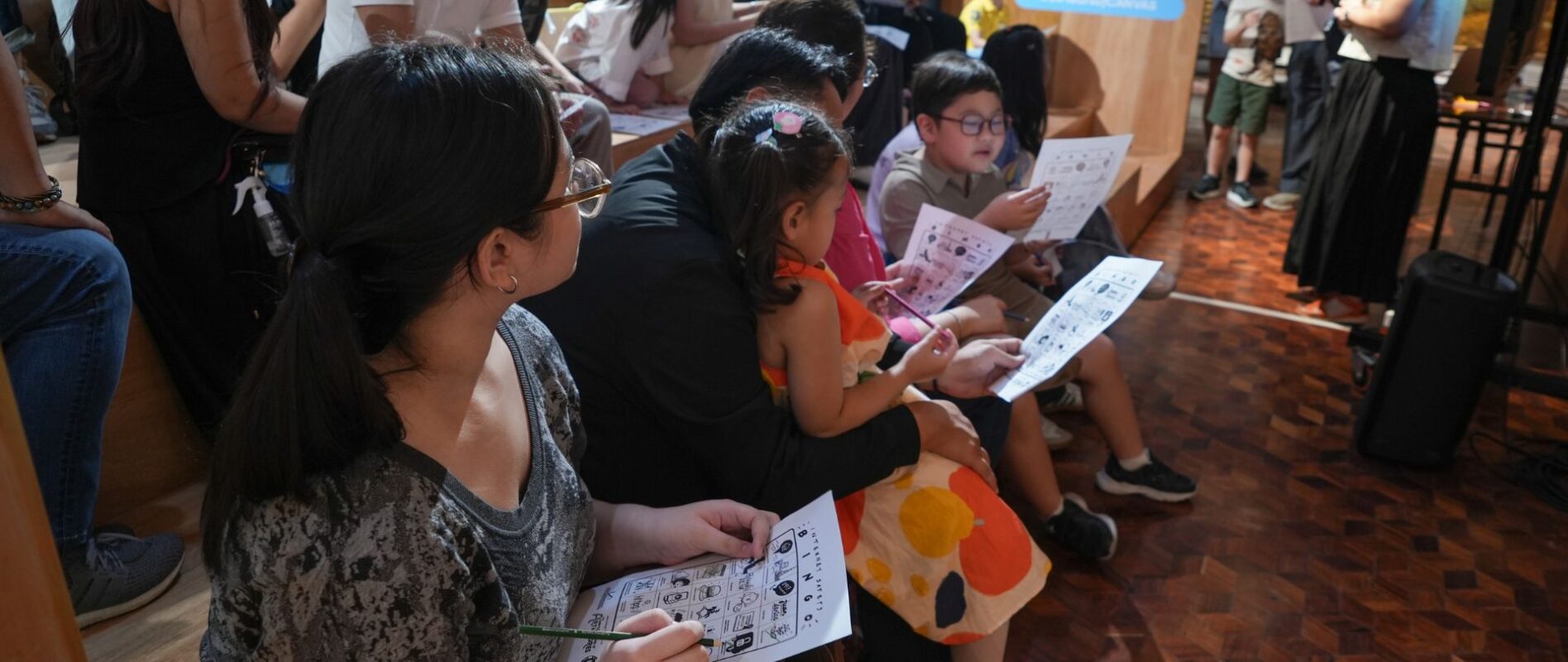EDCOM, WORLD BANK DISCUSS LARGE-SCALE ASSESSMENTS TO BE USED IN EDUCATION REFORMS
THE SECOND Congressional Commission on Education or EDCOM 2, along with the World Bank Philippine Country office and the Philippine Institute for Development Studies has discussed how International Large Scale Assessments can be used in driving education reforms that would respond to the needs of Filipino learners.
THE SECOND Congressional Commission on Education or EDCOM 2, along with the World Bank Philippine Country office and the Philippine Institute for Development Studies has discussed how International Large Scale Assessments can be used in driving education reforms that would respond to the needs of Filipino learners.
A key focus of the activity was the Philippines’ PISA 2022 results, which showed that over 75% of Filipino students are low performers in mathematics, science, reading, and creative thinking.
EDCOM 2’s analysis also found that, compared to the results of neighboring countries, the highest-achieving Filipino students are only comparable to the average students in countries like Malaysia, Thailand, Brunei, and Vietnam, and the weakest students in Singapore.
World Bank Education Specialists outlined a range of support measures needed to improve the Philippines’ performance in International Large-Scale Assessments.
This starts with foundational skills. They emphasized that to improve education systems, there needs to be a focus on literacy and numeracy, especially in the early grades, where building a strong learning foundation is crucial.
Diego Luna Bazaldua, one of the World Bank’s Senior Education Specialists, recommended that reforms focus on integrating literacy and numeracy into all subjects and moving from a content-based curriculum to a competency-based curriculum.
This strategy has been successful in countries like Ireland and Vietnam, where students’ learning outcomes improved over the past decade.
However, redesigning the curriculum alone is not enough. Bazaldua also emphasized that to ensure the success of such changes, learning materials must be aligned with the new curriculum, and teachers must be trained accordingly.
An additional recommendation from the World Bank was to adopt long-term commitments rather than short-term initiatives.
He also pointed to the need to address inequities in education, ensuring that students from all socio-economic backgrounds have access to quality foundational skills early in their education.

